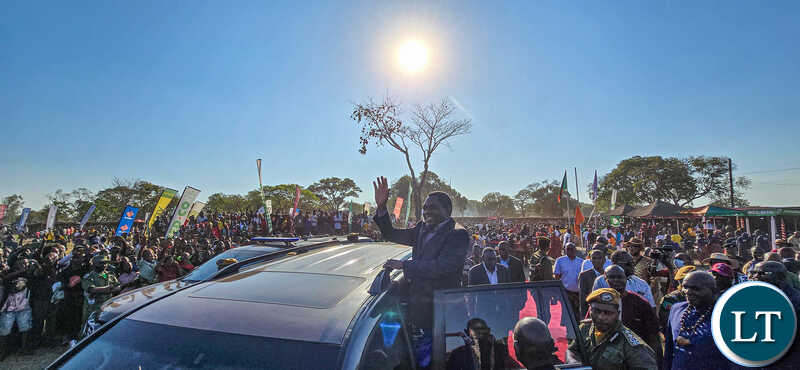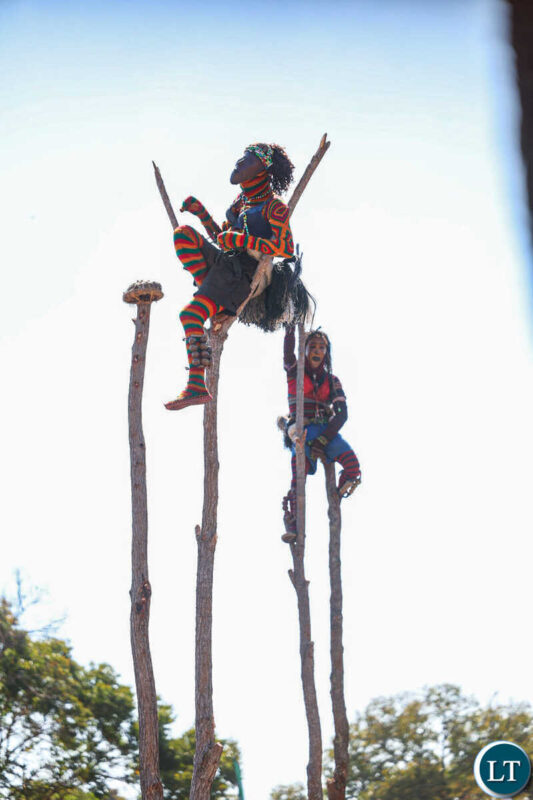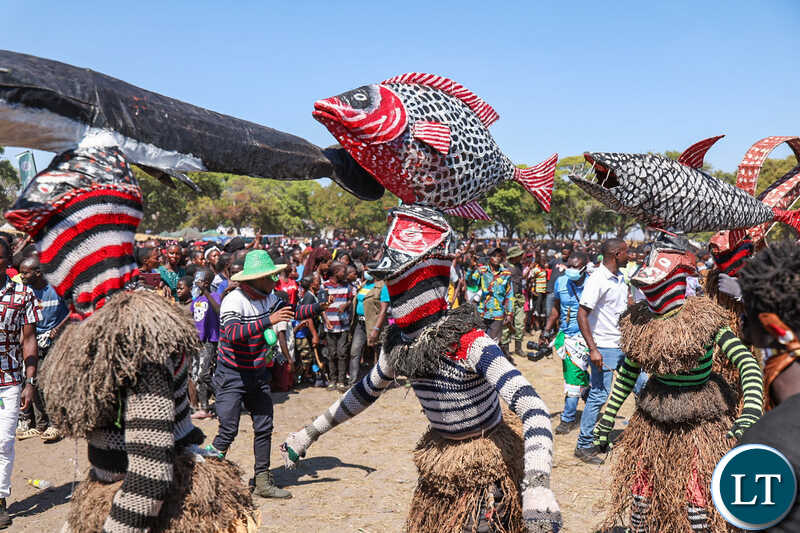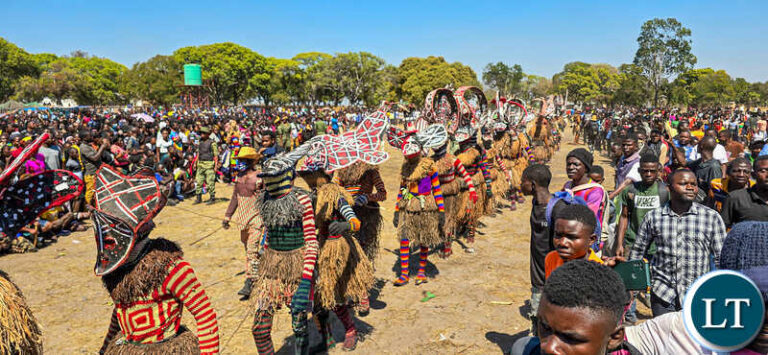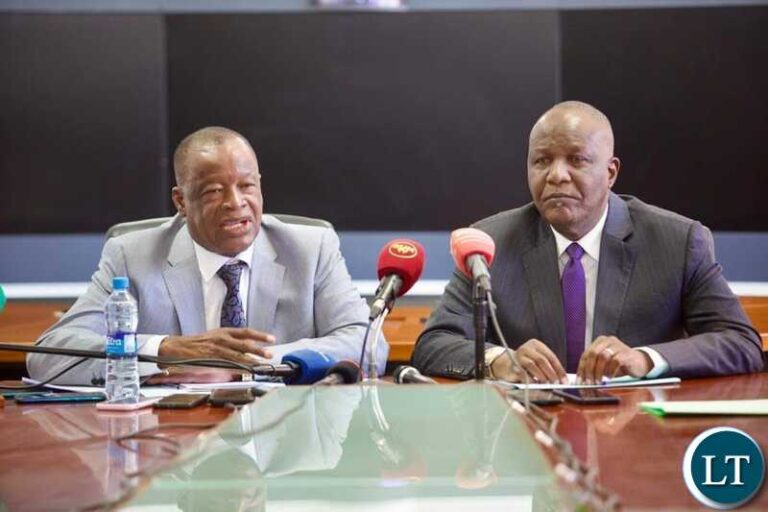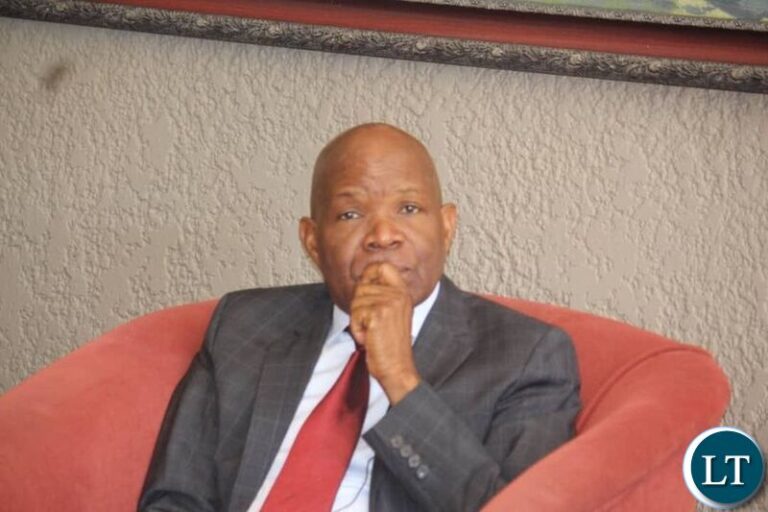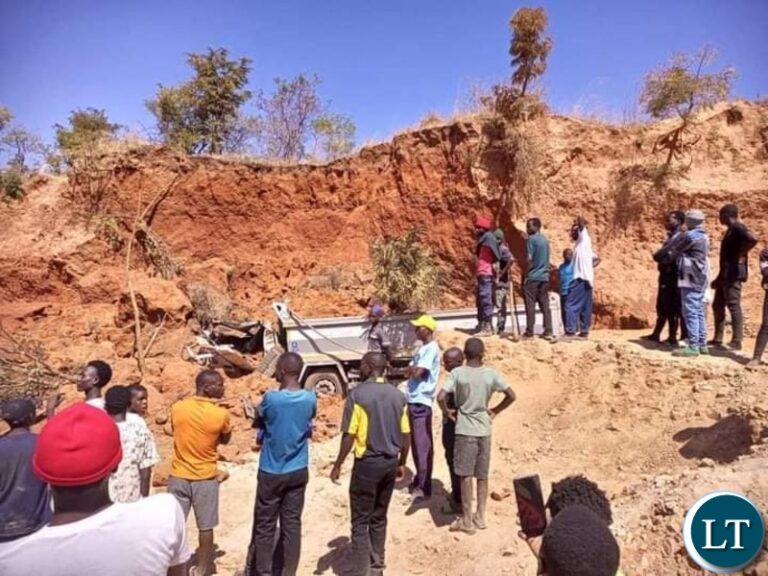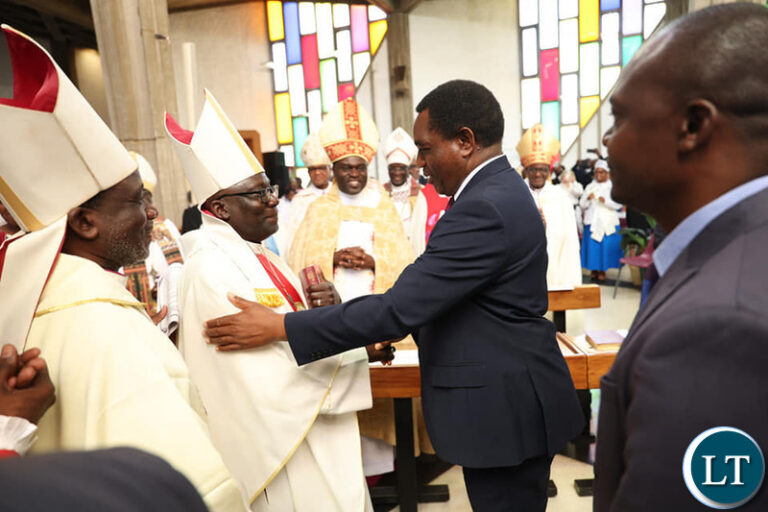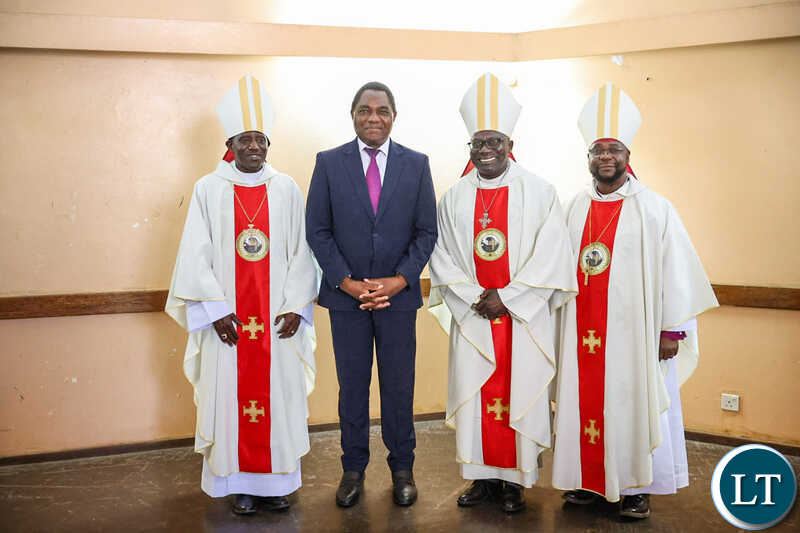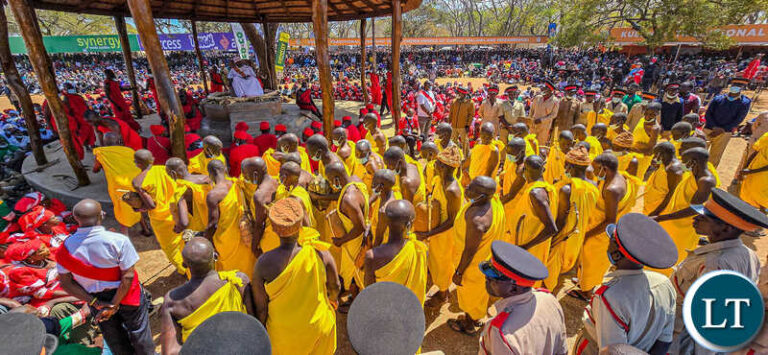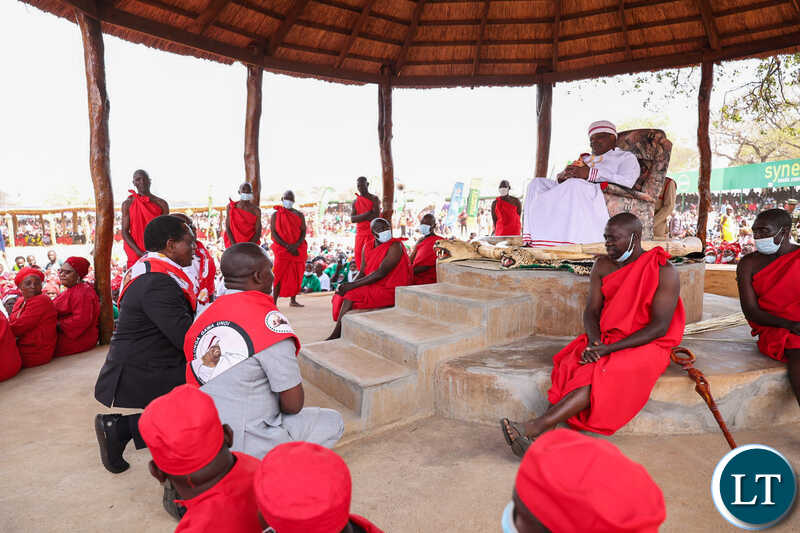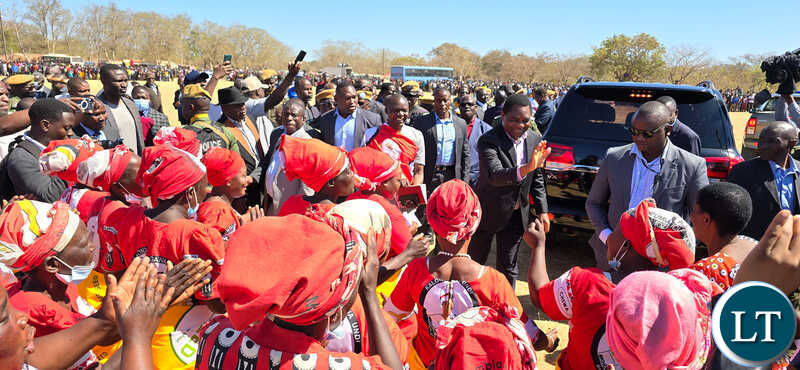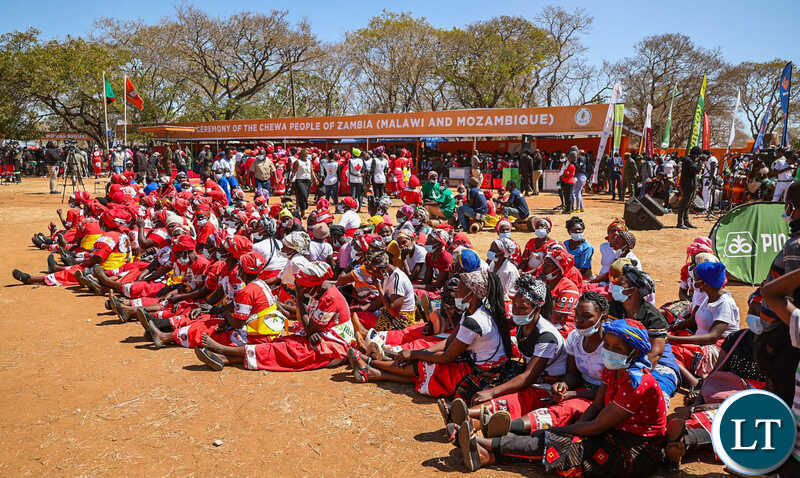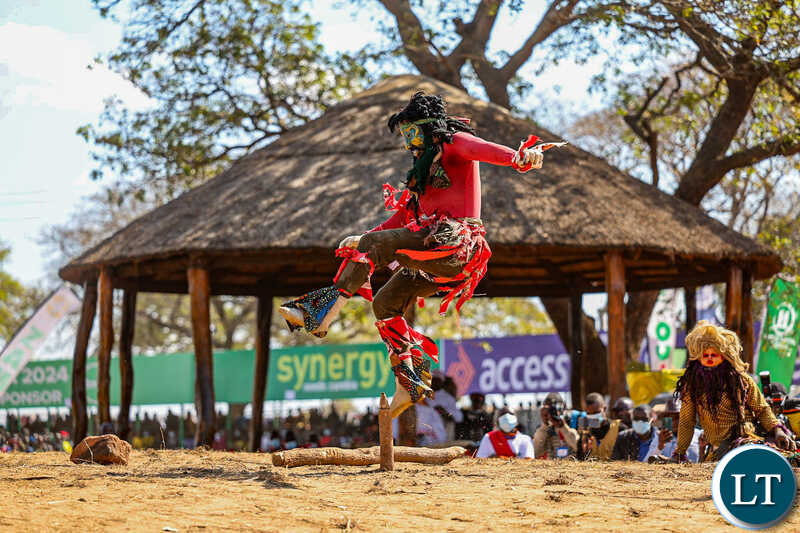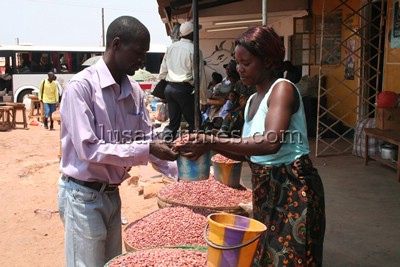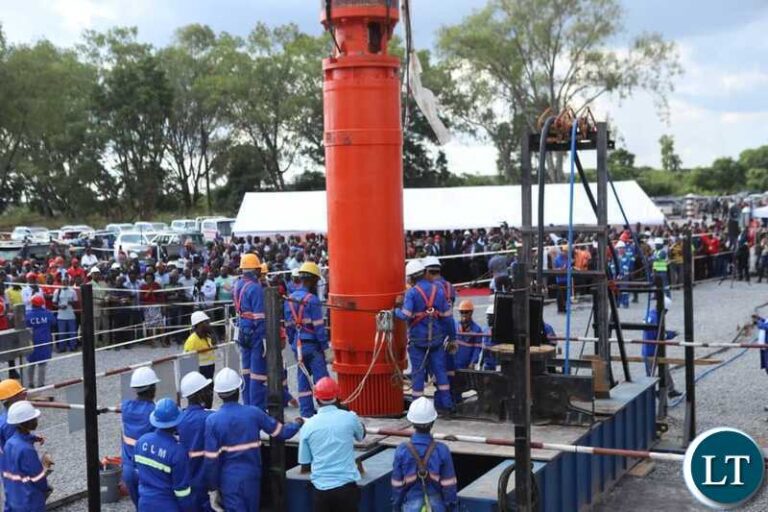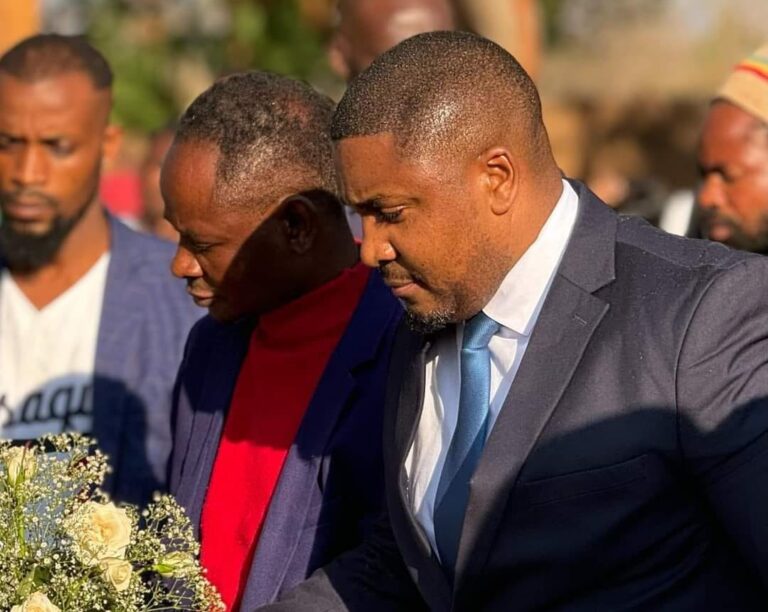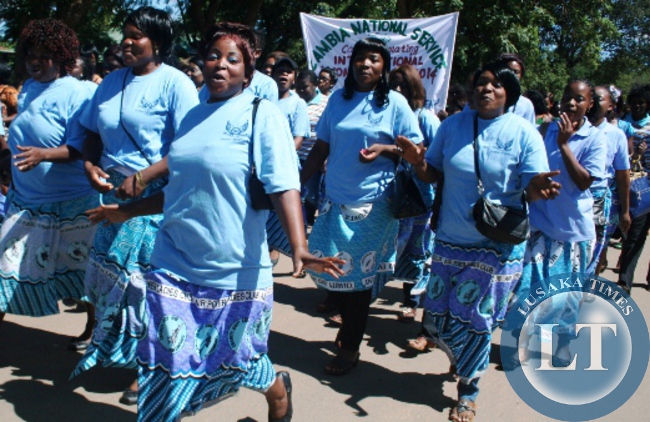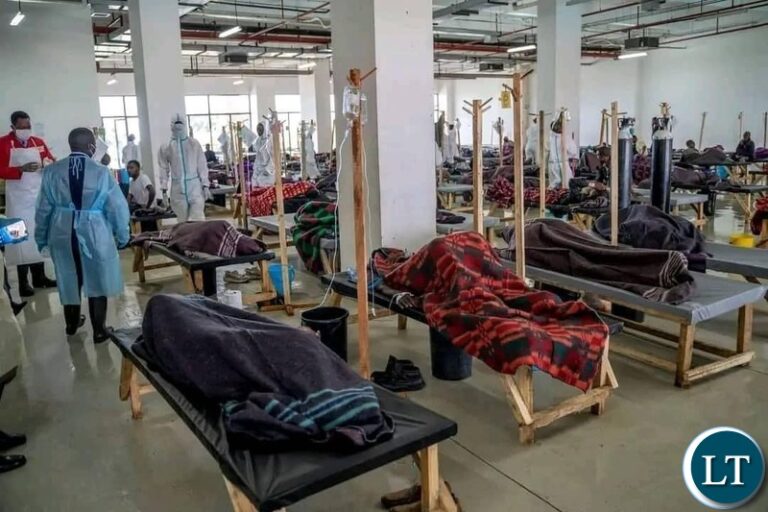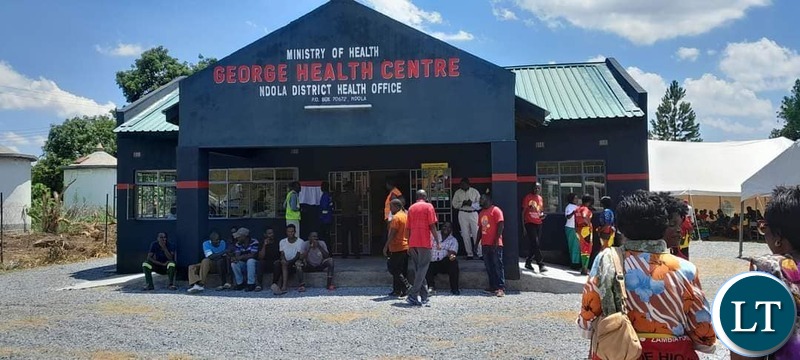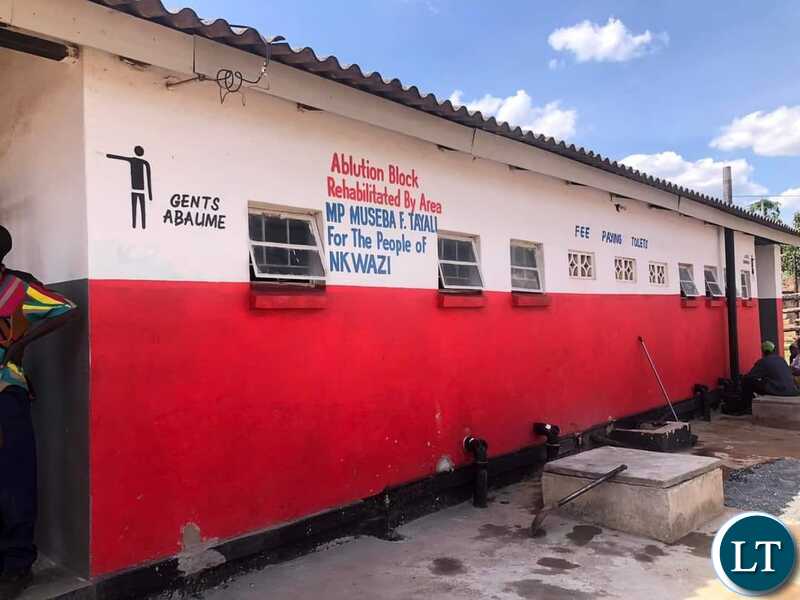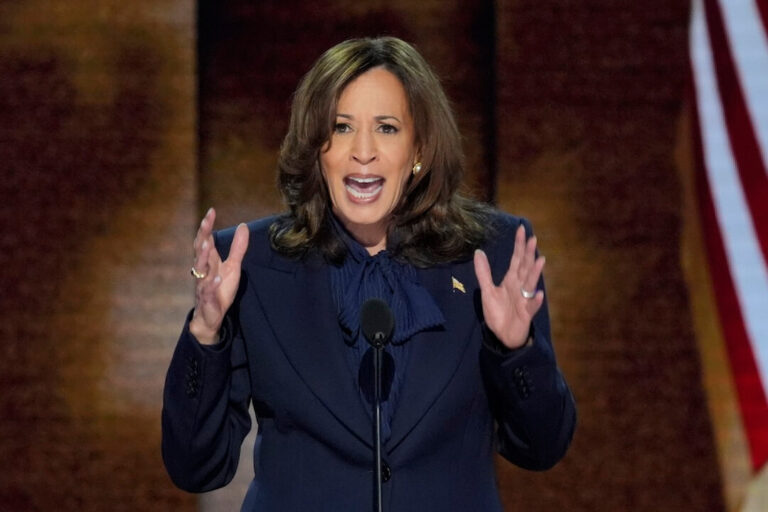The Mufulira Subordinate Court has heard that over 700 people died whilst Zambia Medicines Regulation Agency (ZAMRA), an institution mandated to ensure availability of safe and efficacious medicines on the market seized cholera medicines that were imported by Zango Healthcare Ltd.
This is in the case where renowned pharmacist Jerome Kanyika and two others have been charged with illegal importation of medical drugs.
The Court heard how ZAMRA seized cholera drugs ordered by the Ministry of Health through Zango Healthcare Ltd.
The court heard that ZAMRA through its director general (DG) facilitated the importation of the said cholera drugs through a border post which was not yet part of its electronic system.
The court was told that due to emergency cases, the DG had to call the DG in DRC for medicines regulatory authorities to facilitate importation of the said drugs.
Here is the verbatim below as Banda, an inspector from ZAMRA Copperbelt province was cross examined by Defence Counsel’s Daniel Mwaba of James and Doris legal practitioners and Counsel Michelle Mwiinga from PNP Legal Practitioners in the Thursday 15th August 2024 Court Session.
VERBATIM
Question Counsel Mwaba
Mr. Banda, did you identify the medicines for the court?
Answer: Yes, I did.
Question
Can you tell this court how you identify these medicines?
Answer: We use the name, the quantity, and all that.
Question
Can you confirm to this court that there may be a thousand or million drugs labeled the same way?
Answer:
Witness hesitates…the court intervenes, can you please answer the question?
Yes, you’re Worship. There are many similar drugs.
Question.
How do you differentiate them to know which particular drugs we are talking about?
Answer:
We use labels and batch numbers.
Question
Did you show to the court the batch numbers of the medicines you confiscated?
Answer: No
Question: Confirm to this court that you have not identified the drugs you seized from Zango healthcare?
Answer: I cannot confirm because there are many ways of identifying the drugs.
Question: Like which ones?
Answer: name, quantity, batch number, expiry date, lot number.
Question: Did you show all these to the court?
Answer: No, as I said, you can identify using the name and quantity.
Question: Can you identify using quantity?
Answer: Yes
Question: When you came to Mufulira, who did you find in the position of the drugs?
Answer: DEC
Question: Where was the accused person?
Answer: I don’t know, but I was told that the accused is from the police cells.
Question: What did you do when you were shown the drugs?
Answer: I checked for documents, including the import permit
Question: What system is ZAMRA using currently? Electronic or manual system
Answer: I am not aware
Question: As an inspector, are you aware that ZAMRA gives letters that allow companies to engage in medicine transaction whilst there wait to licence the actual licences
Answer: I knew they used to do that before the electronic system.
Question: But you just told the court that you don’t know the system ZAMRA uses.
Answer: I DIDN’T SAY I don’t know the electronic system. I know a few things about it.
Question: Just confirm to this court that ZAMRA gives pre-approval or informal authorization
Answer : Yes, they used to give.
Question : Is this your evidence that ZAMRA can give informal authorization
Answer :No
Question : Is a letter a licence ?
Answer : No, that’s why the letter will indicate that when you start operating, we will give you the licence
Question : So, can we say the letter is an informal form of authorization.
Answer : Yes.
Question :Confirm to this court that ZAMRA gives informal authorization such as email, text and letter.
Answer : Yes, I know of letters .
Question :Who is responsible for the medicine that has been seized
Answer :ZAMRA
Question :When you seized medicine in Mufulira, did you take custody of them?
Answer : No.
Question : So, you seized medicine, and you left them
Answer: Yes
Question: Do you know how those medicines were kept and how they went to Lusaka
Answer: No, I don’t know
Question: You just seized and forgot about them??
Answer: No, I knew there were in safe custody
Question: Was it not your testimony that the medicines that were seized were supposed to be kept by the inspectors
Answer: Yes
Question : isn’t it your testimony that you left the drugs with DEC?
Answer: Yes
Question: Are drugs with DEC considered to be in safe custody?
Answer: Yes
Question: Are you telling this court that DEC are part of ZAMRA inspectors?
Answer: No, there is not
Question: But you call them keeping the medicines safe custody?
Answer: NO, We left the medicines because we had a FORD which didn’t have enough space
Question: From the time you seized the drugs, is this when you have seen them today?
Answer: YES.
Question: And you have failed to identify them?
Answer: No.
Question: You had said that Mr Kanyika is your stakeholder, client. Is your client Mr. Kanyika or Zango Healthcare Ltd?
Answer : Zango Healthcare Ltd.
Question: On the seizure form as ID1, which persons were recognised as the rightful owner of the medicines you seized? Which medicines are subject matter of this trail
Answer:ZANGO HEALTHCARE LTD
Question: So, you can agree with me that the goods that were seized belong to Zango Healthcare Ltd and not Mr Jerome
Answer: Yes, but Mr. Kanyika is the director
Question: Please confirm to this court that you as ZAMRA, your clients are companies?
Answer our clients are companies
Counsel Michelle Mwiinga
Question: You agree that DG is you superior
Answer : YES
Question: If DG gives an order, you can change it
Answer: I can’t change the directive
Question: Confirm that the officer called to confirm whether there was an offence committed under the medicines and allied substance act(MASA)
Answer: Yes
Question: Also confirm that the DG has the authority to investigate and recommend matters for prosecution???
Answer: Yes
Question : From your knowledge, are there any investigations and reports rended under ZAMRA
Answer : Yes
Question is it your evidence as well that after that report ZAMRA recommended for prosecution
Answer: YES.
Question: Is the same report before this court
Answer: Not sure
Question: Are you aware or not aware that the accused owns the medicines before this court?
Answer: I’m not aware
Question: The entity that was importing is Zango Healthcare Ltd and not JEROME KANYIKA, is that not so?
Answer: YES
Question: Are you aware that ZANGO healthcare Ltd was just part of the chain of distribution and that the ultimate customer was the Ministry of Health?
Answer: I’m not aware
Question: Are you also aware that MoH, which was the customer that ordered the medicines that you seized from Zango Healthcare Ltd kept calling the accused asking for their medicines due to the then prevailing pandemic
Answer: Not aware
Question:Are you aware that over 700 people died during the cholera epidemic?
Answer:Yes, am aware people died
Question:Is it a mandate of ZAMRA to ensure that medicines are in good supply on the market?
Answer: Yes
Are you aware that the accused was allowed to pass through all the borders freely?
Answer:Yes
Question:Considering that facilitation was done by ZAMRA DG and hence not illegal
Answer: Yes
Question:At the border, people are stopped if they don’t a permit
Answer: Yes
Question:You didn’t know what happened at the border
Answer:Yes, but he was allowed because I found him in Mufulira
Question:You can confirm that importation happens at the border
Answer: Yes
Question:Are you also aware that it was the work of Zango Healthcare Ltd that the two border posts Kasumbalesa and Mukambo are open after Zango Health Care applied for them to be opened?
Answer: I am not aware?
Question: Are you aware that the DG issues the permits?
Answer: Yes, I am aware
Question: You indicated that informal pre approvals are given by the DG?
Answer: Yes
Question: Are you aware that public institutions like MoH procure drugs?
Answer: Yes
Question: Even in emergencies??
Answer: Yes
Question: Are you aware that fast tracking can be done in emergencies to improve the availability of drugs?
Answer: Yes
Question: Would you also agree that they would be involvement of many institutions that include ZAMRA, ZAMMSA, and Ministry of Health as an emergency response during an epidemic
Answer: Yes
Question: Are you aware that there was a cholera epidemic during the time you seized the drugs
Answer: Yes was aware
Question: Confirm to this court that in the consignment that you seized, there were cholera drugs
Answer: Yes, some of them
Question: Are you aware that the Ministry of Health gave Zango healthcare an order to supply the cholera drugs that you seized?
Answer: No, am not aware
Question: Are you aware the DG ZAMRA facilitated the bringing of these medicines from CONGO by communicating to his counterpart in CONGO
Answer: I am not aware
Trial has continued in the matter.
